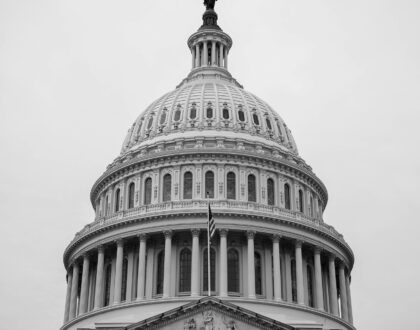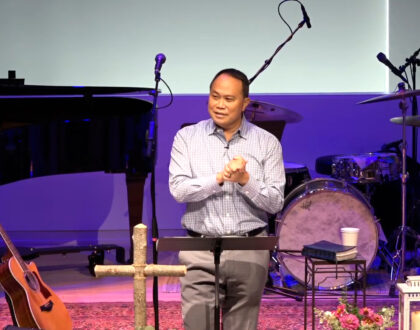The Spiritual Challenge of Contempt

I was recently invited to serve as Chaplain of the Day for the Tennessee General Assembly to open their session. The thought that I shared with our state lawmakers before giving the prayer was this: only one thing can keep you from getting along, deliberating, debating, and working with each other to lead our state. That one thing is having contempt for each other.
Contempt has become a great spiritual challenge facing American society at this moment in history. Bill Haslam talks about this in his book Faithful Presence. Harvard professor Arthur Brooks puts it this way in his book Love Your Enemies: “Believing your foe is motivated by hate leads to something far worse: contempt. While anger seeks to bring someone back into the fold, contempt seeks to exile. It attempts to mock, shame, and permanently exclude from relationships by belittling, humiliating, and ignoring. While anger says, ‘I care about this,’ contempt says, ‘You disgust me and are beneath caring about.” Contempt quickly becomes toxic in relationships, marriages, businesses, families, and communities.
How did this happen? Civility and decency did not just disappear overnight. One answer is that as a society, we have been slowly losing our moral and spiritual center. Self-centeredness abounds. We have lost perspective on our common humanity. We have elected leaders who fan the flames of anger and contempt which causes us to think it is acceptable to behave that way. Political and ideological divides are nothing new. What’s new is the way we disagree and our inability to rationally discuss competing ideas in a civil manner.
Rabbi Jonathan Sacks articulates it this way: “Something new is happening: the sense that the other side is less than fully human, that its supporters are not part of the same moral community as us, that somehow their sensibilities are alien and threatening, as if they were not the opposition in a political arena, but the enemy full stop.” Sacks talks about multiple factors that have played a role: deepening western individualism, expansion of the internet, toxic social media, and the expanding gap between the “haves and the have nots.” All of these factors are very real.
In a recent Wall Street Journal article, social psychologist Jonathan Haidt made the following claim about Generation Z and social media: “When you look at Americans born after 1995, what you find is extraordinary high rates of anxiety, depression, self-harm, suicide, and fragility.” This is the generation that has grown up on screens and social media. Haidt calls this phenomenon “compare and despair.” It is a big part of what leads to contempt, envy, and social exclusion. Poor behavior online is often rewarded. This also fuels anger and outrage.
What’s the solution? We must acknowledge that we are all complicit and we have all played some role in getting to this point. Four important concepts come to mind. First, our ongoing need for community. The pandemic and all the issues associated with it fractured and isolated our communities in ways never seen. We are still rebuilding. We need to be around each other more in real time and space and not just on a screen. Social media is not real life.
Secondly, authentic friendship: we must be intentional about becoming friends with people who see and experience the world differently. Every person’s life experience is unique and we cannot dictate to others how they should see and experience the world. We all have our own lens and background.
Third, morality. Part of living a moral life is listening to others and treating them with dignity and respect. Being religious is not a prerequisite to being moral.
Lastly, forgiveness. Cancel culture has lost sight of what it means to practice forgiveness. We are all flawed and imperfect creatures. We all say and do things that we regret. Our inability to forgive each other has become a major problem. Judging people by their worst moments or actions is simply unfair. We must learn to look for the good in each other, even when we disagree.
Recommended Posts

Political Violence is Never the Answer
July 25, 2024

“Messenger” – Justin Gung – July 14
July 14, 2024

Celebrating Woodmont’s 81st Birthday
July 10, 2024

